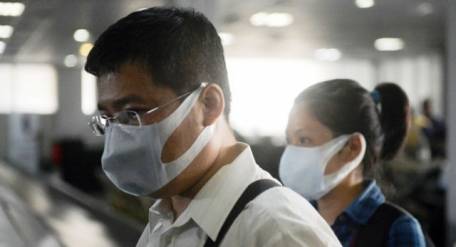International cooperation in combating Ebola
china.org.cn / chinagate.cn by Sajjad Malik, October 27, 2014 Adjust font size:
Fear created by a common enemy brings people together. We have seen this in the case of the deadly Ebola disease that has forced the global community to take joint measures and shun racial, religious and political differences. Leaders of nations that criticize each other daily have shown resolve to stand together in the fight against this shared viral threat.
|
Chinese experimental drug sent out to Ebola-hit Africa. [File photo] |
Last weekend (Oct. 18), Chinese State Councilor Yang Jiechi held talks with U.S. Secretary of State John Kerry. The focus of their meeting was the upcoming visit of U.S. President Barack Obama to China, but the two leaders also talked about cooperation against the Ebola epidemic. Yang said that the deadly virus was a threat to public health and that steps to combat it needed to be coordinated by the international community. He offered China's assistance in fighting the disease, which is still spreading in impoverished African countries.
China, which has a growing interest in the African continent, is following the developments closely in order to protect its own people from the virus. The best course is to help eradicate the virus from Africa, so that it stops posing a threat to other countries. That is why Yang said that his country will continue to support and provide assistance to West Africa in its fight against Ebola.
The United States is already leading the global efforts against the epidemic. The Pentagon has set up a hospital in Monrovia, the capital of Liberia, and has deployed 550 troops in West Africa to bolster anti-Ebola efforts. Other nations like Cuba are also helping in a big way. This small country is playing its part by pledging to deploy hundreds of professional medical staff to take active part in providing medical services in the affected countries. European nations are also ready to do their part, both separately and collectively at the level of the European Union.
British Prime Minister David Cameron has termed the spread of the disease a major health crisis and has asked the 28-member EU to raise financial support for the fight against Ebola from the current 450 million euros to as much as 1 billion euros. German Foreign Minister Frank-Walter Steinmeier has asked for coordinated efforts to deal with the emergency, while Dutch Foreign Minister Bert Koenders said the Netherlands is sending a ship to give aid to West Africa.
The UN is playing the role of coordinator through the World Health Organization (WHO).


